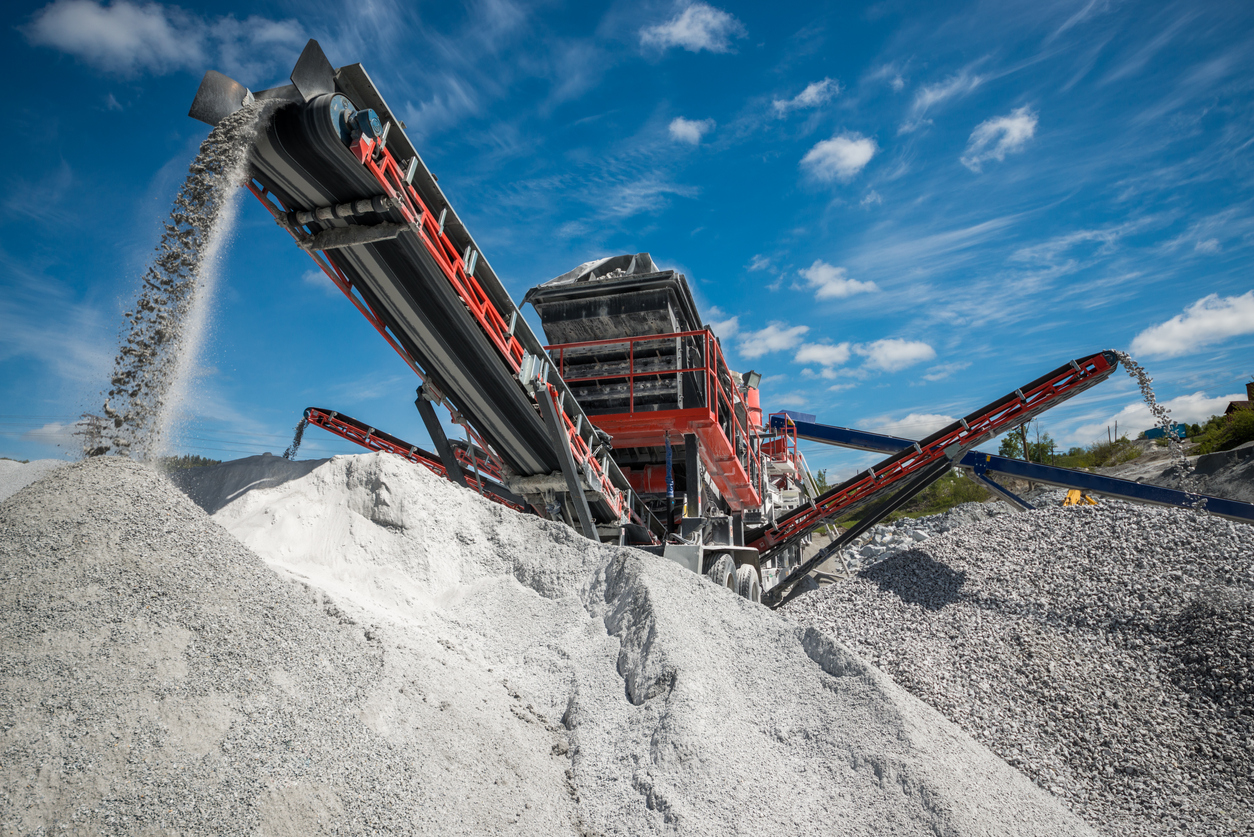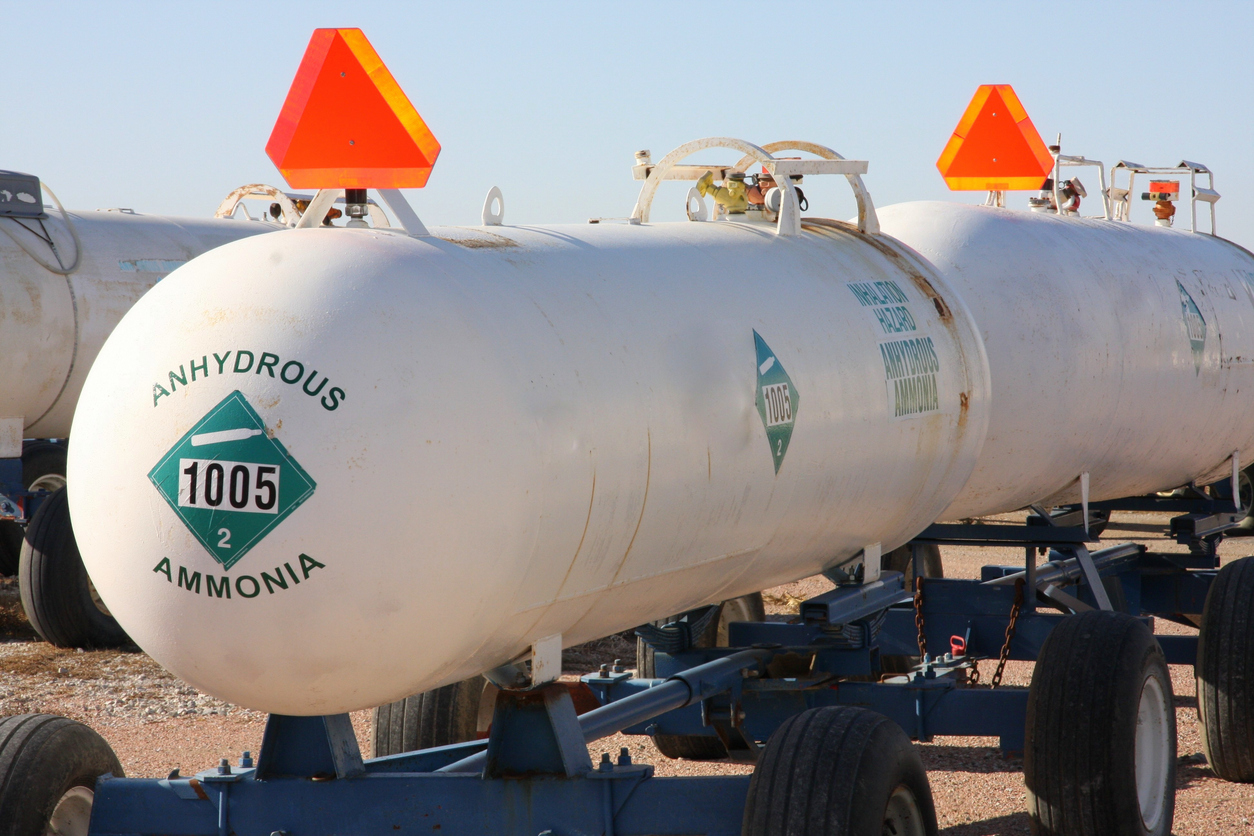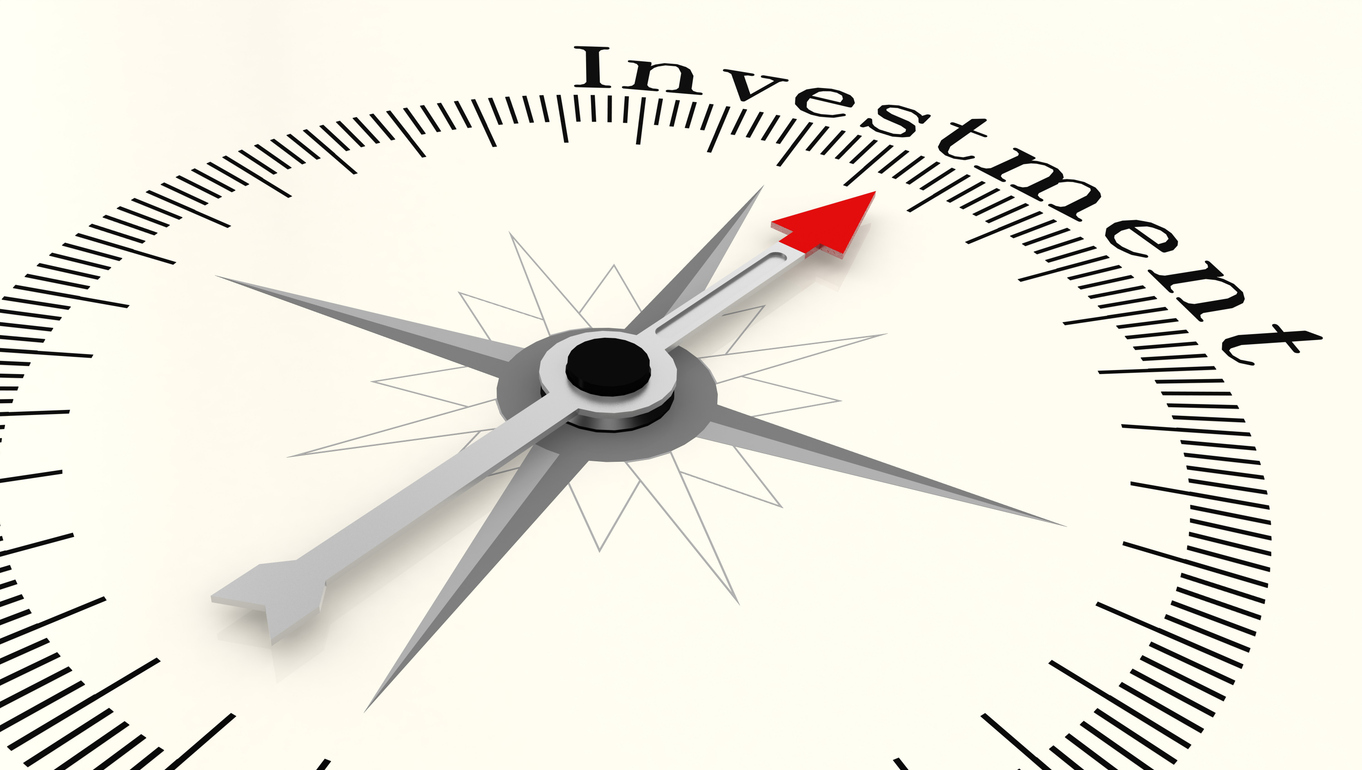Buying Mining Equipment In Nigeria – 4 Tips For Success
Buying Mining Equipment In Nigeria – 4 Tips For Success
Mining equipment is expensive. The cost of machinery, material and setting up a mine can be crippling for some small-scale operations. However, if you’re looking to get your operation off the ground and into production, it’s essential that you begin with an investment that is both affordable and in keeping with the size of your business. With this in mind, investing in mining equipment in Nigeria can be an effective way of kickstarting your business and getting it up and running without breaking the bank. Following are some tips that can help guide you through the process effectively and avoid pitfalls that might otherwise lead to failure.
Know what you need before you start shopping
For all intents and purposes, you should start your search for mining equipment in Nigeria with a clear and concise idea of what you’re looking for. Not only will this save you time, but it will also help you narrow down your search to those equipment models that are more likely to succeed in your operation. For example, if you’re looking to set up a small-scale mine for gold, you may want to begin your search with a focus on gold ore processing equipment. Similarly, you could also choose to begin with a focus on the equipment needed for silver or lead mining. With this in mind, it’s important that you understand the basic needs of your business and incorporate them into your shopping list as you begin your search.
Dig a little, buy a lot
A major pitfall that many new mining equipment in Nigeria entrepreneurs fall into is the desire to buy too much too quickly. The initial rush of excitement that comes with finding that one perfect piece that will catapult you into profit can lead to a buying frenzy that can cause you to overspend. When purchasing mining equipment, it’s important that you avoid falling into an impulsive buying pattern and instead, dig a little, buy a lot. This means that you should only purchase the absolute minimum amount of equipment that you feel is necessary to get your operation off the ground. If you find that you’ve purchased more than you actually need, you can always sell the excess at a future date to help bring down your expenditure.
Be wary of auctions and classifieds sites
Auctions and online classified sites are a great way of buying used mining equipment in Nigeria. The risk of buying from a private seller is considerably lower than an auction site and this can help you get more equipment for your money. However, when it comes to mining equipment, it’s important that you stay away from these sites. Although they can be a great way to pick up cheap equipment, there’s a chance that you’ll pay a premium for it or that the equipment might be second-hand and suffering from significant wear and tear. Instead, it’d be best to start your search on local machinery dealerships and then move on to online classifieds once you’ve identified your preferred dealers.
Don’t rely solely on online research
While researching mining equipment in Nigeria can be a great way of narrowing down your search and finding bargains, it’s important that you don’t rely solely on this research. In fact, it’s important that you visit the manufacturers’ showrooms to get a better idea of the equipment that they offer. It may seem a little obvious, but there’s no reason why you should visit more than one location. This can help you understand the different models on offer and the best way of combining them to get the best possible result. It may also help you identify a dealer that has a model that you didn’t know existed or that you can take advantage of at a lower price.
Estimate the cost of your operation up front
When it comes to purchasing mining equipment in Nigeria, you’ll need to make sure that you break down your cost per tonne. Where possible, you should aim to make this calculation at the outset so that you don’t have to break the budget for your purchase. It may sound like common sense, but it’s important that you break down your cost with certainty. It can be easy to assume that the overall budget will be the same for your operation as it would be for an identical operation in another country.
Bottom line
Mining equipment in Nigeria can be an effective way of kickstarting your business and getting it up and running without breaking the bank. However, it’s important that you approach the process with a clear idea of what you need, that you dig a little, buy a lot and that you estimate the cost of your operation up front.








LEAVE A COMMENT
You must be logged in to post a comment.